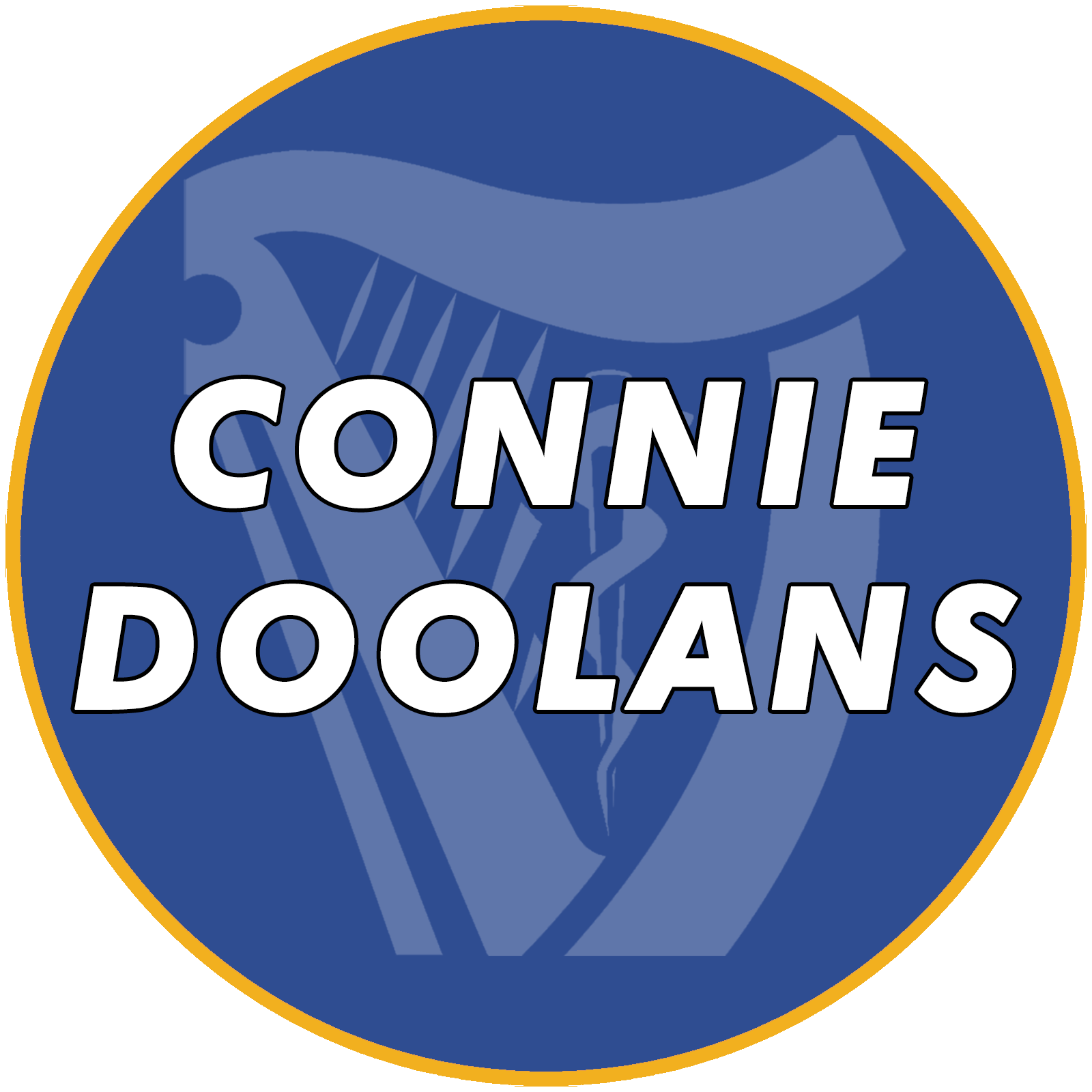Local News
Heritage Council’s new Strategic Plan 2023-2028
- Share
- Tweet /home/eastcork/public_html/wdir/wp-content/plugins/mvp-social-buttons/mvp-social-buttons.php on line 68
https://www.cobhedition.com/wdir/wp-content/uploads/2023/03/330286457_610345264261337_8964016649562311471_n-1000x600.jpg&description=Heritage Council’s new Strategic Plan 2023-2028', 'pinterestShare', 'width=750,height=350'); return false;" title="Pin This Post">

For the first time Ireland will have an evidence base through which to evaluate the contribution of heritage to Irish society and its economy, under plans announced today by the Heritage Council.
The ‘Heritage Matters’ initiative is one of a number of ambitions for the future of heritage in Ireland set out in the Heritage Council’s Strategic Plan 2023-2028, which was launched recently. Entitled ‘Our Place in Time’, it was developed in consultation with stakeholders with expertise across the built, natural, and cultural heritage. It seeks to celebrate and promote Ireland’s heritage, while also identifying the challenges to be overcome to secure it into the future.
The launch, which took place at the Royal College of Physicians in Dublin, brought colleagues throughout the heritage sector together and included contributions from broadcaster John Creedon, Minister of State for Heritage and Electoral Reform, Malcolm Noonan TD, and musician Daoirí Farrell.
While regarded as a key benefit to Ireland, both from a tourism and a well-being point of view, the heritage sector is diffuse by nature, which makes its economic and societal impact difficult to measure. It is intended that the ‘Heritage Matters’ initiative will generate data that will allow the Heritage Council to accurately define the value of heritage to Irish life. This will provide a clear evidence base to inform decisions on heritage policy.
The Strategy also pledges to develop supports for private owners of heritage to help them to fulfill their central role in managing heritage. Alongside Ireland’s National Cultural Institutions, national parks and Government agencies, the vast majority of Ireland’s heritage is in private ownership. The National Heritage Advisory Scheme will be established during the lifetime of the Strategy, through which the Heritage Council will make professional advice available to private owners of heritage. This initiative will also include the development of grant schemes to support private owners.
Climate change and biodiversity loss are key areas that impact all of the Heritage Council’s activities. As such, the Heritage Council seeks to position itself on the front line of fighting the effects of climate change and the protection of biodiversity. To this end, the Strategy contains a number of commitments in relation to Ireland’s natural heritage. This includes the employment of biodiversity officers in local authorities around the country, in which the Heritage Council has been the lead partner. To date, funding has been approved for the appointment of 25 biodiversity officers. Over the next two years, it will complete a full national rollout of the programme in all 31 local authority areas.
Commenting at the launch of the Strategic Plan, Minister of State for Heritage and Electoral Reform, Malcolm Noonan, TD, said: “It’s a privilege to be able to address the heritage sector today and to launch The Heritage Council’s new Strategic Plan in the presence of so many friends and colleagues. I am heartened to see the central place allocated in the plan to climate change and biodiversity, as so much of the Strategy’s ambitions align with my own as Minister for Heritage. One of the main targets of Heritage Ireland 2030, which I launched this time last year, was to mitigate against the increasing threats to biodiversity in this country. I welcome the fact that this Strategy also commits to protecting high-carbon habitats and soils, as well as encouraging landowners and farmers to adopt farming practices that sequester carbon.”
Chairperson of The Heritage Council, Dr Martina Moloney, said: “It gives me great pleasure today to launch our new strategy, which sets out our vision for the next five years. This ambitious plan was developed collaboratively with inputs from our important partners and stakeholders, who have a stake in protecting and raising awareness of our wonderful heritage assets. Indeed, partnership is sufficiently important to us that it stands alone as one of the six key pillars of the strategy. We will continue to provide financial support for the Heritage Officer Programme, a flagship collaboration between the Heritage Council and local authorities. Furthermore, over the next few years, by enhancing funding for our Irish Walled Towns Network, Adopt a Monument scheme and the Historic Towns Initiative, we will strengthen our links with local authorities by preserving built and natural heritage in rural areas, villages and towns.”
Chief Executive of the Heritage Council, Virginia Teehan said: “From the beginning of this process, we wanted to be ambitious for heritage in Ireland but in a way that was focused and considered. One of the most pressing issues for us is the need to understand and monitor the performance of the heritage sector. It was agreed that if we wanted to be able to provide the best possible advice to government, or to maximise the potential of our grant programmes and activities, we would need a framework that can be used to plan, gather, analyse and present key evidence. By 2028, the evidence base demonstrating the social and economic value of heritage will be developed and well-grounded in collaborative research and evaluation. This will re-position the Heritage Council as a leader in national dialogues.”
-

 Announcements3 weeks ago
Announcements3 weeks agoJOB OPPORTUNITIES Watersedge Hotel are currently hiring for the following positions
-

 Local News3 weeks ago
Local News3 weeks agoLandmark Partnership: Cruise Ireland and Cruise Britain Join Forces to Boost Cruise Tourism
-

 Local News2 weeks ago
Local News2 weeks agoSpike Island’s After Dark Tours return: Explore the haunting history of iconic prison island once dubbed “Ireland’s Hell”
-

 Events & Entertainment3 weeks ago
Events & Entertainment3 weeks agoSarah Browne Exhibition at the Sirius Arts Centre
-

 Local News4 days ago
Local News4 days agoCrosshaven RNLI Assist Two on Disabled Yacht
-

 Local News4 days ago
Local News4 days agoCyclists of all abilities encouraged to join Fort2Fort Charity Cycle 2024Saturday, 8th June
-

 Announcements4 days ago
Announcements4 days agoCobh Youth & Social Projects CLG have the following vacancies
-

 Events & Entertainment4 days ago
Events & Entertainment4 days agoSIRIUS ARTS CENTRE: COMMISSION: Aikaterini Gegisian
-

 Sport3 days ago
Sport3 days agoJohn O’Shea extended as Interim Head Coach for June window
-

 Local Soccer2 weeks ago
Local Soccer2 weeks agoCobh Wanderers face College Corinthians in 1st Round of Sports Direct Men’s FAI Cup







